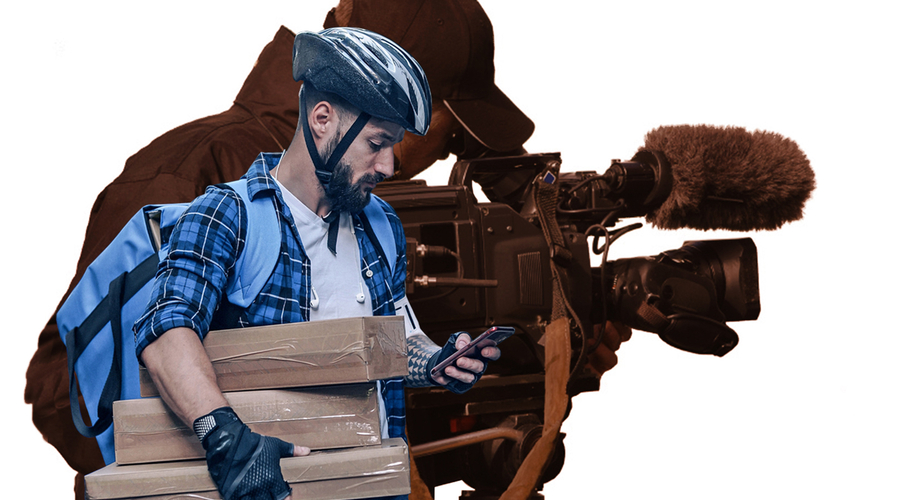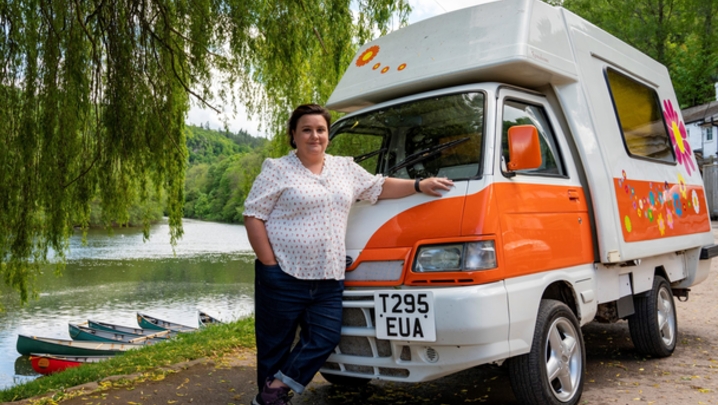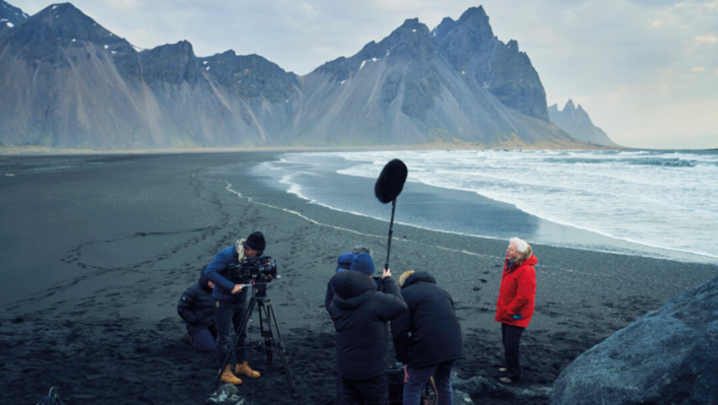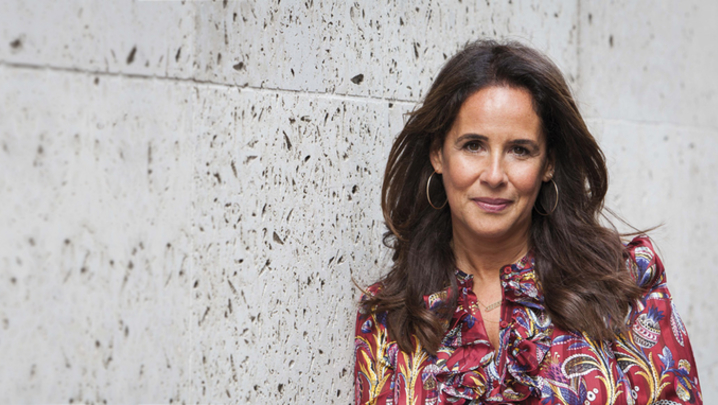Freelancers are struggling to find work as the demand for factual TV dries up. Tara Conlan investigates
Alarm bells are ringing in the unscripted world. Concern for the health of the sector has soared following two recent events: Channel 4’s decision to axe a number of shows and a survey by broadcasting union Bectu revealing that nearly half of UK freelancers working regularly in unscripted TV are now unemployed.
The Channel 4 casualties included the cancellation of Four Weddings and Andrew Neil’s Sunday-night political show being put on hold.
Other broadcasters have also shelved so-called “bread and butter” access shows. ITV has confirmed that “there are no current plans” for Heathrow: Britain’s Biggest Airport to return.
Such has been the concern that broadcasters have met Bectu to try and help the situation. But how has it come to this? A year ago, there was such high demand for freelancers that some were walking off jobs for higher fees elsewhere and ScreenSkills was struggling to keep up with the demand for new entrants.
Things are so bad that some freelancers are doing other jobs, such as cleaning windows, to keep afloat financially while established producers are applying for grants to help with plumbing costs and other essential outgoings.
Since Covid, there has been a boom in content, fuelled by the expansion of streaming platforms competing for the best content – what one executive calls an “unsustainable glut”. He says: “There are only so many eyeballs on the planet. To say it’s a state of emergency is quite alarmist. But there is no doubt that there is a massive slowdown… and it’s not just unscripted. I think it’s exactly the same in scripted – if not worse, actually, but there is a longer lead time for drama.
“It’s down to a perfect storm of the streamers changing their measure of success from the number of subscribers to profitability… plus the [result of] a kind of arms race that was going on to try and win more subscribers, which obscured the fact that all of them were spending more money than they were making. I believe Netflix is in profit, but none of the rest are.”
The executive adds that big players such as Disney are not buying much and the bubble “has somewhat burst”. Alongside that, free-to-air broadcasters are “genuinely struggling with the advertising downturn, so they have less to spend. And then, obviously, the price of production went up when we came out of Covid.”
With “the Netflixes of this world sort of inflating rates”, the costs on some shows have risen by between 5% and 10% over the past year.
The slowdown has come as a shock because it is not in commissioners’ interests to tell producers they are not buying as they still want the best ideas – so they put shows in development to hold on to them until the money is released. “So they… don’t often own up to it. I think Channel 4’s problem was that it was a bit too honest,” says one.
‘Nearly half of UK freelancers working regularly in unscripted TV are now unemployed’
According to the go-to place for many freelancers, The Talent Manager, the number of jobs posted is down about 40% year on year. However, as parent company DV Talent’s Managing Director Matt Born points out, that was from “a big, big peak”.
He says the number of jobs advertised was “down 11% for the first five months of the year compared with 2021” and “down on 2019, before the pandemic, so it’s been quite a significant drop off.… I think the thing that’s affected is that sort of mid-market, Channel 4, Channel 5 factual stuff – all the stuff that keeps most people’s body and soul together.”
There are some regional variations: freelancers say London has been affected more because broadcasters are trying to maintain regional quotas. For those in work, rates have gone down by around 10% in the past 12 months.
One producer who has worked on numerous high-profile BBC shows says he recently applied for a job that had 800 other applicants. He is thinking of leaving the industry after having had to dip into his savings.
He notes that observational documentaries have been hit hardest by the cutbacks, alongside factual entertainment. “The big-budget shows tend to be reality programmes such as Love Island, Big Brother and dating shows. They get commissioned first because they give guaranteed viewing figures…and they take up a lot of the budget. Observational documentary and factual entertainment freelancers often have to make programmes on very small budgets with whatever’s left.”
He adds that work on access documentaries seems to have dried up: “I am at a point where I am going to start having to look at leaving the industry or doing something different if it doesn’t pick up soon.
“I think the channels need to take responsibility,” he continues. “We work very hard for them, and they do very well… and then they abandon us when times get tough.”
Another producer, with 30 years’ experience, says she is taking any work she can to survive, having spent her savings during Covid and been given support towards house maintenance by her local council. She explains: “I need another contract to start in September. I don’t know what’s happening to the shows that I applied for – some have been pulled.” She points out that freelancers are often told to keep themselves free for jobs, only to have them fall through at the last minute.
Another issue chipping away at freelancers’ pay is “sneaky cuts” in benefits: “When your meal rates go from £20 a day to a fiver or your travel day is cut by 50%, only people who are a lot more privileged than I am can cope with that,” she says. “We work really long hours, the skills are very specialist and it’s often very stressful on big shows. The thing that upsets me is the lack of communication. I think there needs to be a collective voice.”
‘No one really thinks about the freelance community as a whole’
A spokesman for The Film & TV Charity says the top priority for those contacting it is the cost of living crisis. Over the past couple of months, “we have been seeing a real influx of people applying for our stopgap grants”. Also, whenever it does a piece of research asking for feedback, freelancers “are the first group to respond” as they “feel the impact more than anyone else”.
So what are the solutions?
Better communication would help, argues Pact Chief Executive John McVay. He says the broadcasters need to be engaged, be open and “tell us what it’s going to look like”.
The “genie is out of the bottle” in terms of returning to the old model of having more people on staff, thinks freelance series producer and Co-Chair of Bectu’s Unscripted TV branch, James Taylor. As another executive points out, many of the big media companies such as Warner Bros. Discovery are making cuts of their own.
He suggests initiatives such as broadcasters “effectively sponsoring” or affiliating particular freelancers so they “can move between different projects” for the channel, plus “a bit more joined-up thinking”. Currently, “it’s isolated and sort of siloed between broadcasters or indies and no one really thinks about the freelance community as a whole.
“It’s the boiling frog analogy. You put a frog in a boiling pot of water [and] it will jump straight out, whereas if you slowly heat it up, it’ll just sit there until it dies. And I think that’s what’s happening in this industry.”
Freelance production executive and Co-Chair of Bectu’s Unscripted TV branch, Viki Carter, adds: “I’m totally sympathetic to the commercial pressures, and the drop in advertising revenue [but] I think retention is a huge problem. [We need] a long-term strategy, and getting all the stakeholders together and saying how we can stop this ‘feast or famine’ nature of the industry.”






